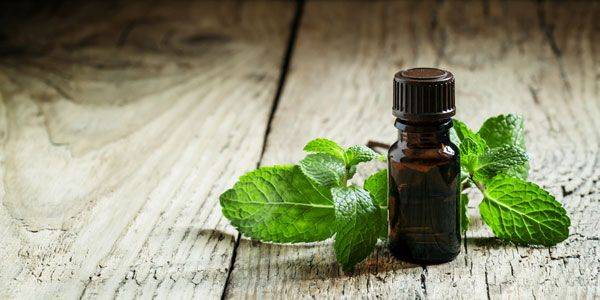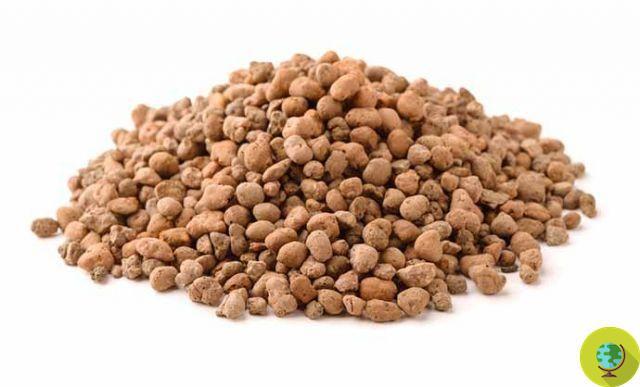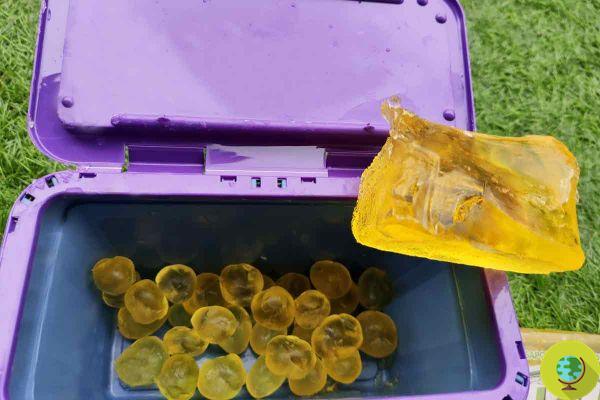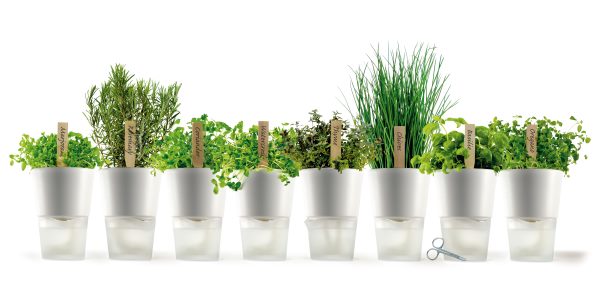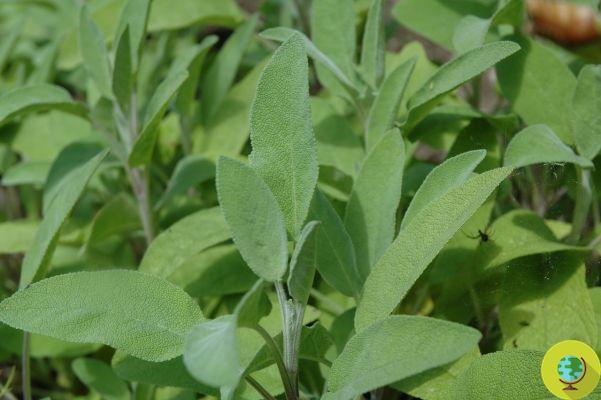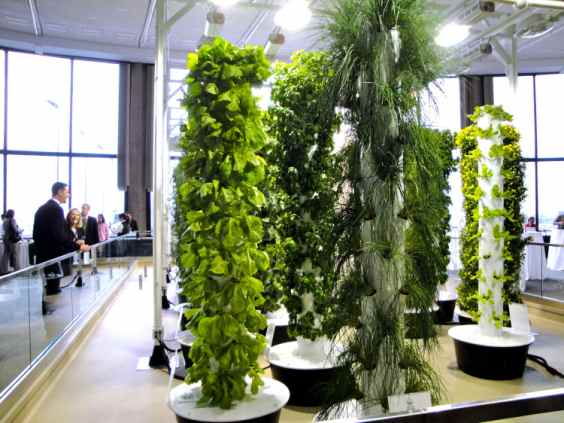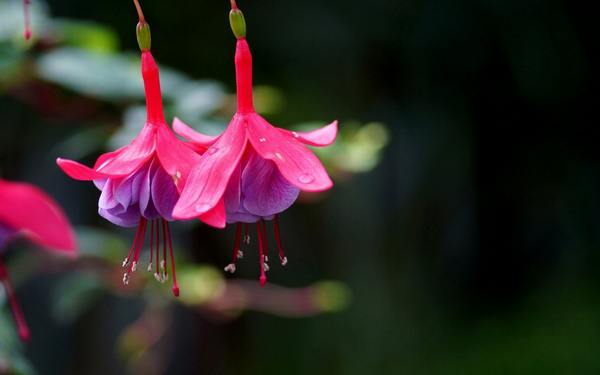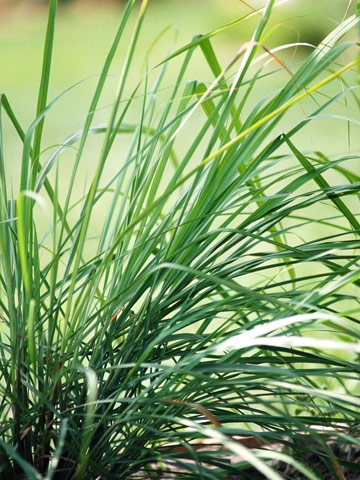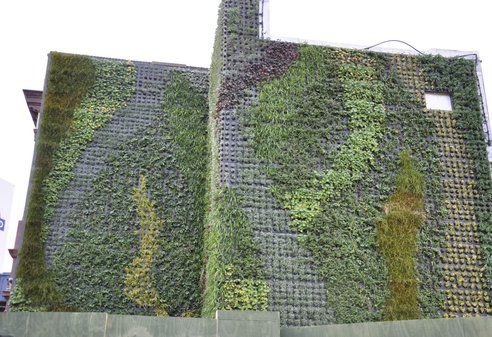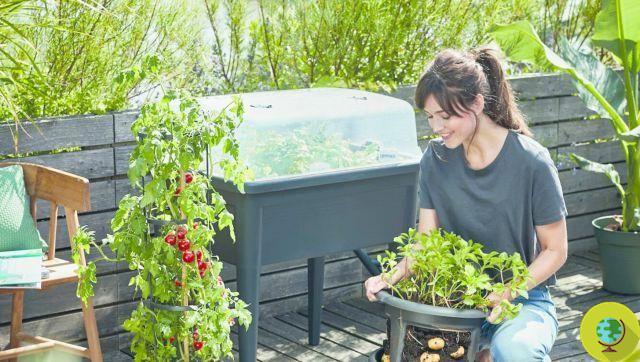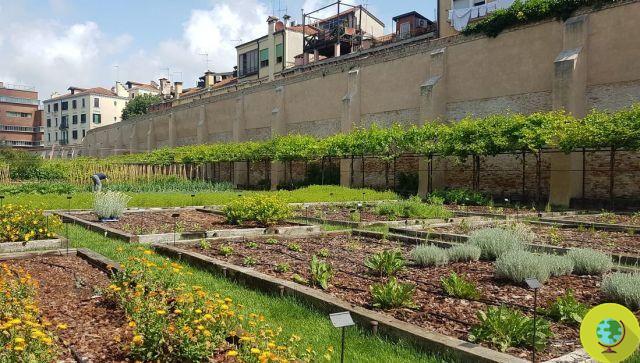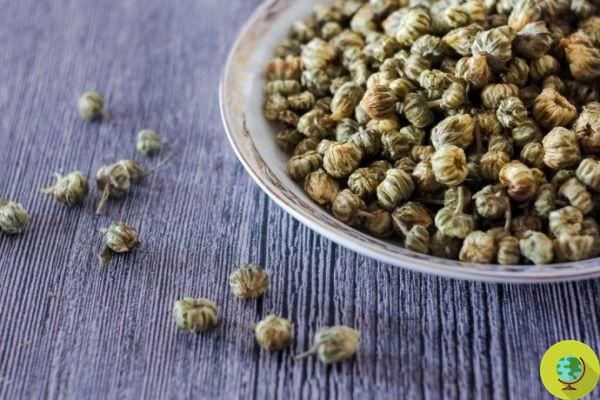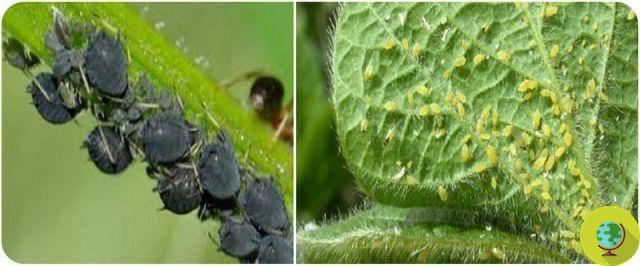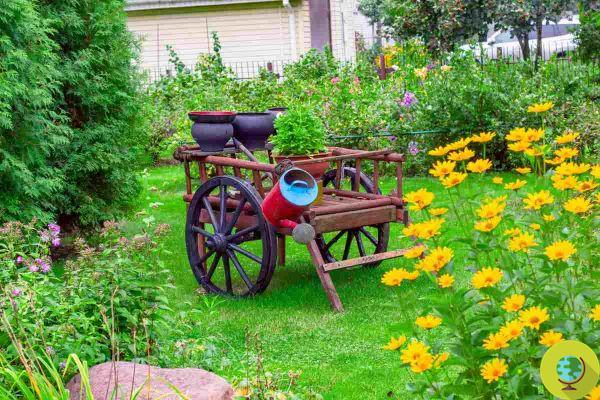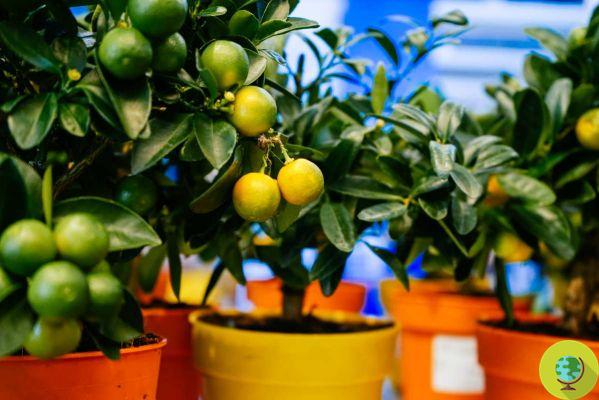
During the winter months you need to take care of the lemon trees, in order to ensure flowering and healthy fruit. Let's find out how
Find out how to take care of lemon plants (and citrus fruits in general) in winter to help them survive the frost
With the arrival of winter, the cold and rain can put a strain on you resistance of lemon trees. Let's find out what to do to take care of these plants, and see them grow luxuriantly in the summer. (Read also: How to grow lemons in pots)
Index
Reduce watering
Le lemon plants do not tolerate moist soil at any time of the year, especially in winter. The cooler, wetter climate means that the plant doesn't need water. So, you can reduce watering to every few weeks or only when the soil is dry to the touch. Remember to avoid the stagnation they can cause rot. Once watered, let the excess water drain out, and put it back in its usual place. Another tip is not to use tap water, which can be too icy; therefore, keep a container full of water at room temperature always at hand.
Keep the plant away from central heating
When the outside temperature drops, it is inevitable that the temperatures inside the house will rise; if you have arranged to put your lemon tree in an apartment to protect it from frost, remember to keep it away from radiators, because it doesn't like direct heat. In addition, the heating dries the air, while the citrus trees need moisture. Also remember to ensure air circulation and to place the plant in a bright environment. (Read also: Houseplants: how to have them luxuriant and healthy even with the radiators on)
Make sure it gets enough light
Lemon trees as well as all citrus plants love sunlight, and since the sun sets earlier in winter and rises later, it is important to place the tree in a bright spot where it can receive more hours of direct light. Just pay attention to cold drafts.
Change the terrain
Citrus trees need a balanced nutrition in summer and winter. Then, fill the soil with winter-specific lemon nutrients; this will help the tree thrive and protect the foliage during the colder months. Summer citrus food contains nitrogen-based nutrients for foliage growth, while the winter feed contains more potassium and phosphorus for a healthy harvest.
Watch out for leaf fall
If your lemon tree starts to get stressed, it will usually let you know by dropping the leaves. Don't worry, because your tree is fine, it's just trying to let you know that something in its environment isn't right. Consequently, when you see drop the leaves from your lemon plant, try to monitor the condition of your tree; for example, check the ground, see if it gets enough light or too cold.
Cover the plant if it is outside
If your plant is outside in the garden, be sure to shelter it from the cold, snow, hail and frost. How? If the lemon is planted in the ground, the best and most functional method is use a specific sheet to cover the canopy of these trees. If it is in a pot, on the other hand, in addition to the cloth, you could further repair the plant by moving it to a more sheltered area of the garden and away from drafts.
Enjoy your hard work
With the necessary care, the lemon trees will begin to bloom and give their wonderful fruits. If your tree is young enough, one tip for promoting growth is reap the fruits as soon as they seem ripe; this operation should encourage growth for years to come.
Follow us on Telegram | Instagram | Facebook | TikTok | Youtube
On how to grow lemon you might be interested in:
- How to plant lemon in a cup to perfume and decorate your home
- How to grow a citrus tree from a plastic bottle
- Lemons: 15 Health Benefits
- Citrus fruits, what a passion! The apartment Kumquat
- Pomelo, the ancestor of all citrus fruits




